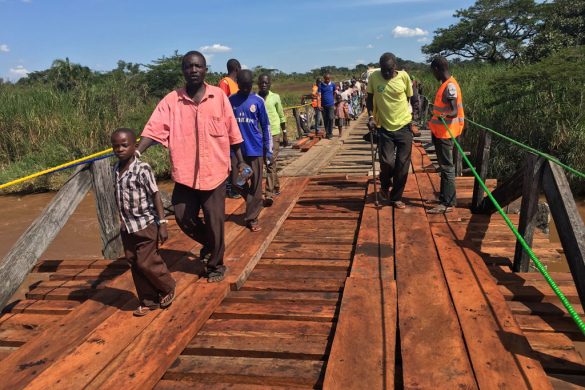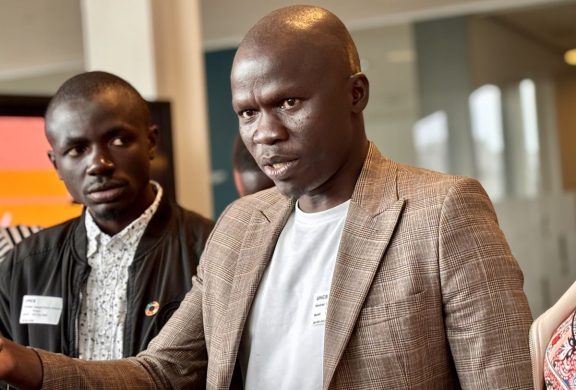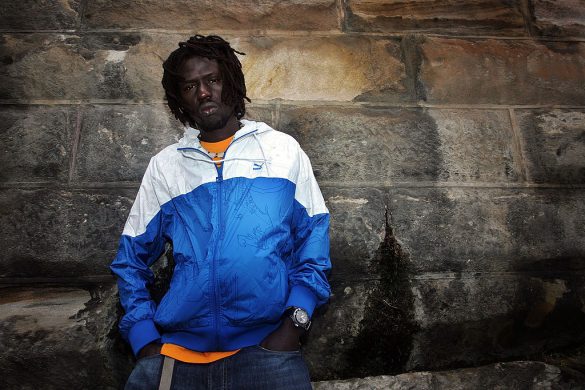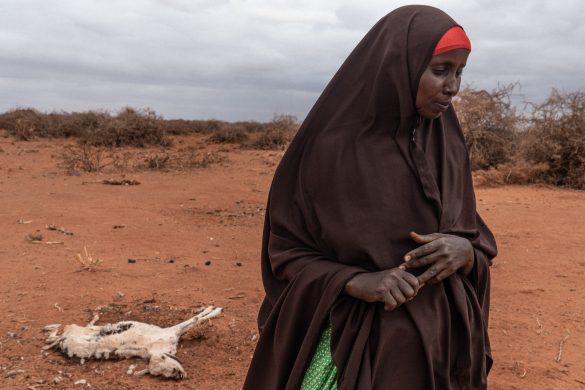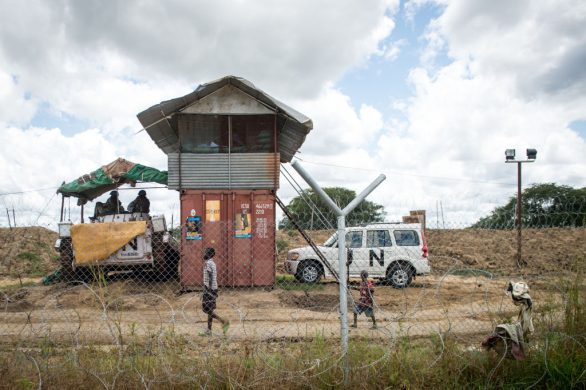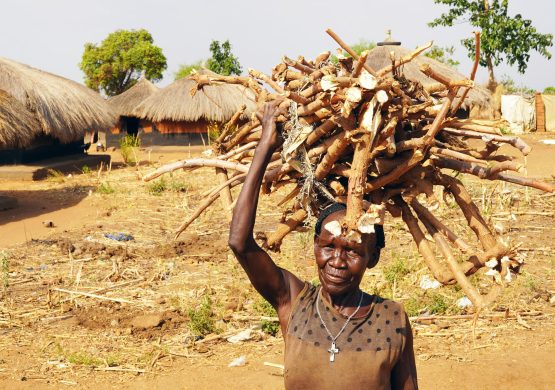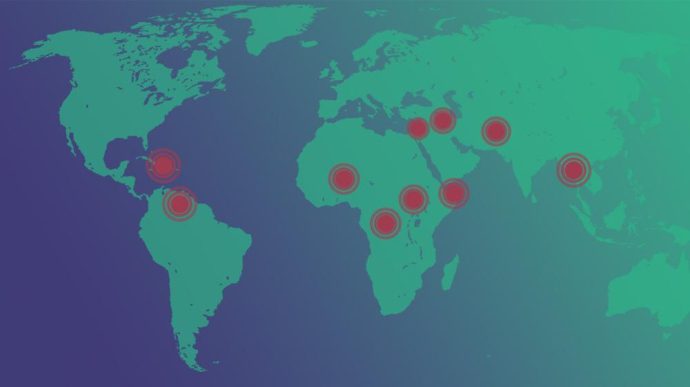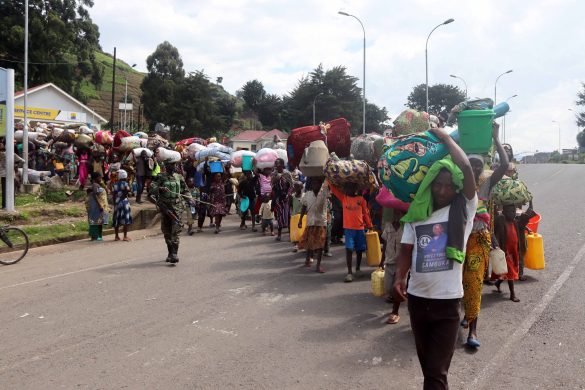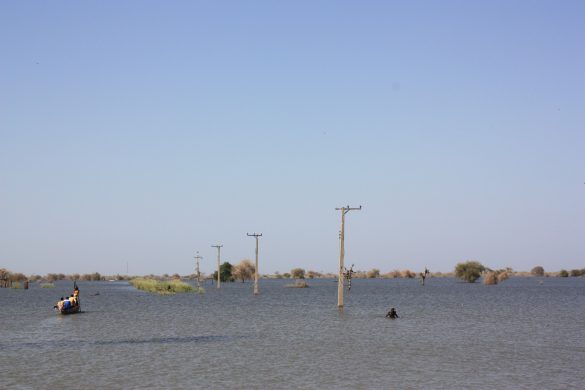17 March 2017 (UN News): The number of South Sudanese fleeing their homes is “alarming,” the United Nations refugee agency today said, announcing that 1.6 million people have either been displaced or fled to neighbouring countries in the past eight months ago.
“A famine produced by the vicious combination of fighting and drought is now driving the world's fastest growing refugee crisis,” the spokesperson for the Office of the UN High Commissioner for Refugees (UNHCR), Babar Baloch, told journalists at the Palais des Nations in Geneva.
He added that “the rate of new displacement is alarming, representing an impossible burden on a region that is significantly poorer and which is fast running short of resources to cope.”
Refugees from South Sudan are crossing the borders to the neighbouring countries. The majority of them go to Uganda where new arrivals spiked from 2,000 per day to 6,000 per day in February, and currently average more than 2,800 people per day.
“The situation is now critical,” said Mr. Baloch, warning that recent rains are making the humanitarian situation more difficult.
Refugee response framework
The UN agency is reiterating its calls for financial support. Aid for South Sudanese refugees is only eight per cent funded at $781.8 million, and UNHCR's funding appeal for Uganda urgently needs $267 million.
The situation in Uganda is a “first and major test” of the commitments made at the Summit for Refugees and Migrants last September, the spokesperson said.
One of the main achievements of the Summit was to create a refugee response framework that integrates humanitarian and development efforts. This translates into giving refugees land and allowing them to access job markets, for example.
The situation of refugees in Uganda could impact how the UN and humanitarian partners are working to support national authorities in the other neighbouring countries – the Central African Republic, the Democratic Republic of the Congo, Ethiopia, Kenya and Sudan.
“No neighbouring country is immune,” said Mr. Baloch.

